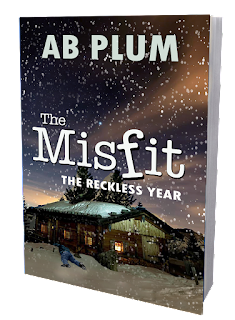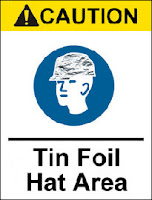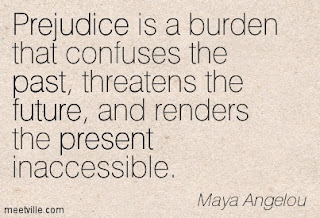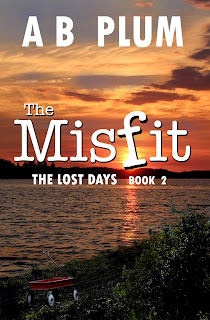By A B Plum
What’s the big deal about alternate facts?
Depends.
Now, before you send me “hate mail” rubbing my nose in the error of my ways, let me attempt one view on my response. (Misguided, shallow, inane, naïve, etc., etc., etc., though that view may be).
Read on. Please.
We writers of fiction deal with alternate facts every day. Alternate facts have provided the drama, the comedy, the romance in fiction since . . . forever.
Take the story of Adam and Eve. Is it a fact that a serpent tempted Eve to succumb to that apple? Have you ever met a snake—other than maybe a two-legged one—who communicated with you? Tempted you to do anything but scream and run the other direction?
In the story of David and Goliath, is it a fact—or thinly veiled political propaganda, aka an alternate fact—that helped establish David’s rep as a formidable foe in battle?
Snow White ends up in a glass coffin waiting for her true Prince to waken her with a kiss. How many of us believe a talking mirror landed her there? C’mon, that’s just a bit of a jump from a speaking serpent.
How about the superheroes of comics? Is a guy who “leaps tall buildings at a single bound” a symbol of symbol against evil—even if he wears a red cape, tights, and funny boots? Certainly, he’s a product of several writers’ gluing together disparate alternate facts (a mild-mannered newspaper reporter steps into a phone booth and shoots into the sky—not to be confused with a bird or a plane).
Wonder Woman came on the American scene from ancient Greece in December 1941—a time of prolific alternate facts spouted by dictators in Germany, Italy, Japan, and the politicos in the U.S. Here comes Wonder Woman, another alternate fact embodied as an emblem of hope during the very real good-vs-evil-battle raging across the civilized world.
The term alternate fact will, I suspect, become a buzzword and a meme. The phrase may even get included in the 2017 list of new words added to the Oxford English Dictionary. We’ll undoubtedly see/hear thousands of rebuttals, defenses, satires, gibberish, and rationale about the political impact of alternate facts ad nauseam.
Personally, I like the discussion.
At the same time, I wonder why the big deal? Readers, movie fans, TV viewers, video-game aficionados, Wall Street movers and shakers, and all the rest of us come up against alternate facts every day. Every day. Often they’re even passed off as facts.
We don’t need a writer to point out, tongue in cheek, that some of us have more critical genes than others. Or may it’s more synapses synapsing. Or whatever.
Those of us who write fiction certainly know about trying to persuade fans that alternate facts are the truth. Readers let us know pretty quickly when we underestimate their intelligence. Many of them go so far as refusing to buy our next books. Ouch.
Bring on the alternate facts. I imagine them galvanizing us across party lines and ideological platforms. We’ve already seen the demonstrations and discounted the fake news accounts that no one showed up.
Fake news, like alternate facts, fools no one.
The fact is, people—not just readers of fiction—dislike being underestimated.
We can clearly see that army of snakes slinking through the underbrush from miles away.
And if we can’t see ’em, we can smell them.
Here are the straight facts: AB Plum works and writes dark, psychological thrillers in Silicon Valley. The Lost Days, her second book in The MisFit Series should hit the shelves in mid-March.







